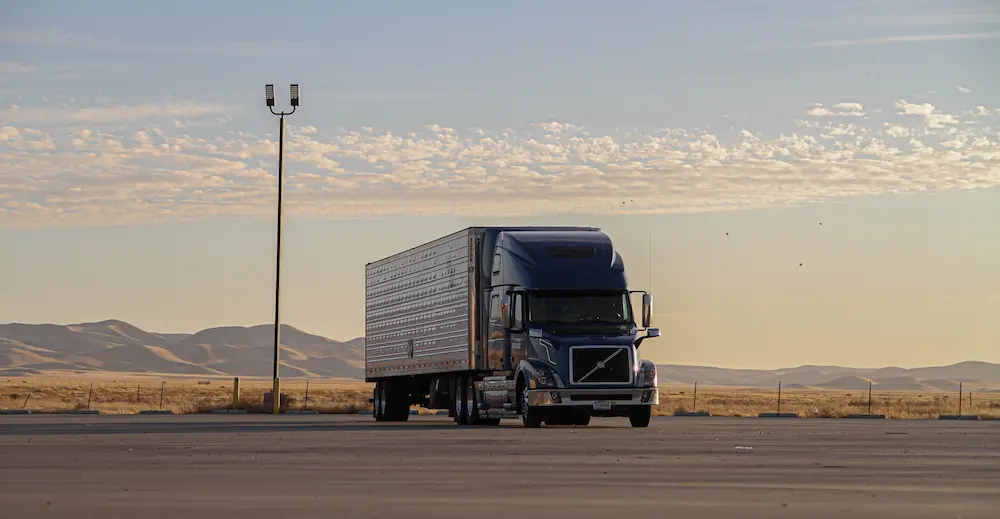Starting a trucking company can be a lucrative and exciting venture for those who are passionate about logistics and transportation. With the economy heavily relying on the trucking industry to move goods across the country, the demand for reliable trucking services is consistently high. This guide aims to walk you through the essential steps to launch your trucking business successfully. From obtaining the necessary licenses and permits to choosing the right trucks and securing clients, we will provide you with valuable insights to help you start on the right foot in this competitive industry. Whether you aim to build a local delivery service or a nationwide freight operation, following these smart steps will lay the foundation for a prosperous trucking company.
1. Develop a Business Plan
Creating a detailed business plan is the first crucial step in starting a trucking company. This document should outline your business goals, target market, financial projections, and strategies for growth. It serves as a roadmap for your business, helping you to stay focused and to persuade potential investors or lenders of the viability of your venture.
A comprehensive business plan enables you to anticipate potential challenges and devise effective solutions. It should include an analysis of the competitive landscape, pricing strategy, and marketing plan. Remember, a well-crafted business plan is not only essential for securing funding but also for guiding your business decisions throughout the lifecycle of your company. From buying commercial dash cams to managing your fuel costs, your business plan should cover all the essential elements needed to run a successful trucking company. It is therefore crucial to take the time and effort to develop a thorough business plan before moving on to the next steps.
2. Obtain Necessary Licenses and Permits
To operate legally, your trucking company will need specific licenses and permits. The most critical is the Commercial Driver’s License (CDL) for your drivers, which requires passing both written and skills tests. Additionally, you’ll need a Motor Carrier (MC) Number and a USDOT Number, both of which are issued by the Federal Motor Carrier Safety Administration (FMCSA).
Securing the proper licenses and permits can be time-consuming but is essential for compliance. It’s also important to stay informed about the ongoing regulatory requirements, as failure to comply can result in hefty fines or even the revocation of your license. Consider consulting with a legal expert specializing in the trucking industry to ensure that you meet all federal, state, and local regulations.
3. Choose the Right Equipment
Selecting the right trucks and equipment is critical to your company’s success. This decision will largely depend on the type of cargo you plan to transport and the distance of your hauls. For long-distance hauling, investing in reliable, fuel-efficient semi-trucks is advisable, whereas smaller delivery vans or box trucks may suffice for local delivery services.
Beyond the trucks themselves, consider the maintenance costs, resale value, and financing options. It may be beneficial to start with leased equipment to reduce upfront costs, allowing you to allocate more resources toward operational expenses and growth initiatives. Over time, as your business stabilizes and expands, purchasing your own fleet can become a more economical option.
4. Secure Clients and Contracts
Building a solid client base is crucial for the sustained growth of your trucking company. Start by networking within the industry and establishing a strong online presence through a professional website and social media channels. Joining local business associations and attending trade shows are also effective ways to meet potential clients.
Crafting personalized pitches to potential clients can set you apart from the competition. Highlighting your company’s reliability, safety measures and competitive pricing in your proposals can help secure contracts. Remember, delivering exceptional service is the key to retaining clients and generating word-of-mouth referrals, which are invaluable for a trucking business.
5. Implement an Effective Operations Strategy
An efficient operations strategy is paramount for the success of your trucking company. This includes managing your fleet effectively, scheduling deliveries to minimize delays, and maintaining clear communication with clients and drivers. Investing in fleet management software can significantly streamline these processes, providing real-time tracking of shipments, optimizing routes, and managing fuel consumption.
Equally important is building a strong team, including not only skilled drivers but also dedicated support staff for administration, logistics planning, and customer service. Providing continuous training and fostering a positive company culture is essential for staff retention and satisfaction, which in turn ensures high-quality service to your clients.
Image Source: https://unsplash.com/photos/red-truck-on-road-during-daytime-ucuOscdCaO4
Starting a trucking company requires thorough planning, compliance with regulations, and a strong focus on efficiency and exceptional service. By following these smart steps and continuously adapting to the ever-changing industry landscape, you can build a successful and sustainable trucking business. Remember to stay informed, seek out expert advice when needed, and always prioritize safety for your drivers and cargo on the road.








